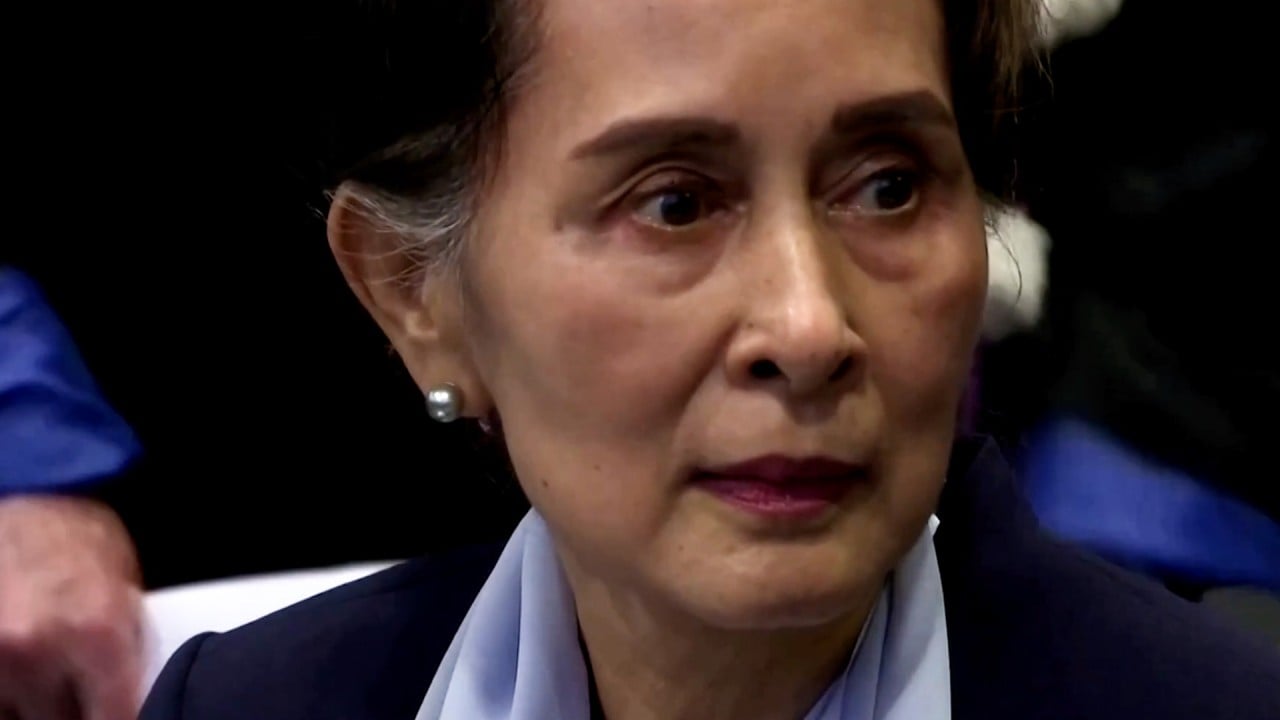According to the readout, the two sides agreed to step up communication and information-sharing to improve cooperation on border affairs.
The two-day meeting was part of a bilateral mechanism under which officials of both sides have met annually since the early 2000s. However, no meeting was held in the previous three years, even via video link.
Advertisement
Over the past week, at least 24 suspects were repatriated from Myanmar to China as part of the crackdown, which Beijing’s embassy in the country said had “underscored the firm stance of China and Myanmar in combating fraud”.
‘We can kill you here’: inside the lawless Chinese-run scam hubs of Myanmar
‘We can kill you here’: inside the lawless Chinese-run scam hubs of Myanmar
Last month, China sent special envoy on Asian affairs Deng Xijun to Naypyidaw, Myanmar’s purpose-built capital. There he met Senior General Min Aung Hlaing, who seized power in a coup in February 2021, as well as key officials of the military government, including Myanmar’s Foreign Minister Than Swe and Minister of International Cooperation Ko Ko Hlaing.
According to Min Aung Hlaing’s office, during the July 28 meeting the two sides “had a frank exchange of views” on cooperation, Chinese aid, Myanmar’s political situation, the country’s development and the stability of border areas.
Advertisement
The 2021 coup triggered widespread and prolonged violence and drew sanctions from the US and its allies.
However, Beijing appears to have adjusted its strategy.
Advertisement
Deng, who until November was China’s ambassador to Asean, had separate meetings with representatives of seven of Myanmar’s ethnic armed organisations in Yunnan in late December before flying to Naypyidaw, where he met Min Aung Hlaing.
Deng visited again in February and met representatives of the National Democratic Alliance Army (NDAA), an insurgent group in eastern Shan state.
Advertisement
However, Beijing’s increasing engagement with the diplomatically isolated junta is unlikely to achieve a political solution or an end to the violence in the country, according to Morgan Michaels, a research fellow in Southeast Asian politics and foreign policy at the International Institute for Strategic Studies, a think tank headquartered in London.
Instead, China’s growing involvement may be largely driven by “a need to ensure stability in the border area in order to safeguard their interests or kick-start stalled investment projects”, Michaels wrote in a report earlier this month.
Advertisement



